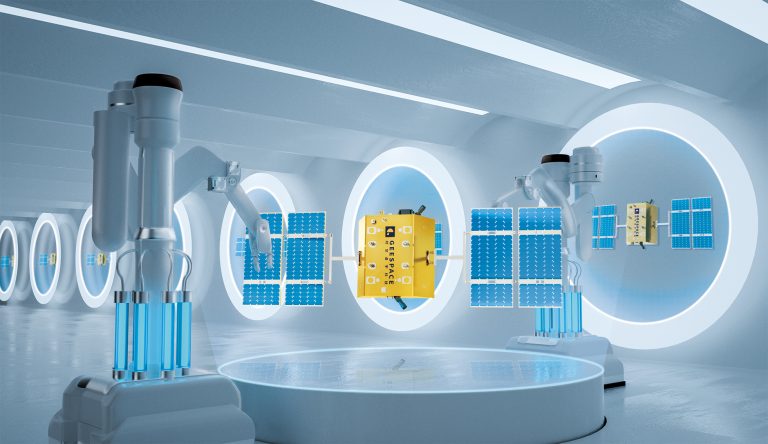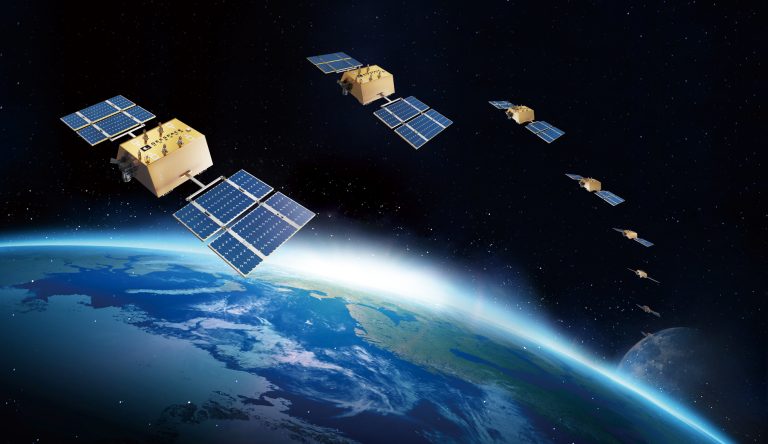
Geely, China’s largest privately owned automaker, has successfully launched satellites aimed to support autonomous driving, the company announced June 2.
Geespace, a wholly owned subsidiary of Geely Technology Group and China’s first privately owned developer, operator, and mass producer of low-orbit commercial satellites, launched nine satellites into low earth orbit from the Xichang Satellite Launch Center in Sichuan, China.

Geespace plans these satellites to be the first in a 240-satellite “Geely Future Mobility Constellation.” The company intends these satellites to provide services for autonomous driving, drone navigation, logistics, mapping and other fields.
“By establishing the Geely Future Mobility Constellation, Geespace is positioning itself to meet future user demands for high-precision positioning, space-based communication and remote sensing services,” Tony Wang, CEO and chief scientist of Geespace, said in a statement.
Geespace’s GeeSAT-1 platforms are the first modular, high-resilience, high-performance, mass-produced low-orbit satellites in China. They will provide centimeter-accurate precise positioning and connectivity support for use by automotive brands in the Geely portfolio, enabling autonomous driving that will connect vehicles with vehicles and infrastructure with vehicles.
Other planned applications for the satellites in the near future include working with logistic sector partners to create the first one-stop logistics monitoring service platform with real-time management and control of the transportation process, as well as helping to protect the environment with Geely’s “Blue Guardian” project by monitoring maritime water quality and identifying debris patches to be cleaned. They will also empower the upcoming Asian Games with high-precision positioning, remote sensing, and satellite communication services.
Since its formation in 2018, Geespace has built up an industrial chain for the development, production, and operation of satellites with R&D centres in Shanghai, Xi’an, and Nanjing, operations centers in Guangzhou and Qingdao, business development centers in Beijing and Taizhou, and a highly automated intelligent satellite testing and production facility in Taizhou. Early in September 2021, Geely’s Intelligent Satellite Production and Testing Center began mass production of commercial satellites with an annual production capacity of 500 units.
Geespace operates and manages its satellite constellation through a network of ground stations in China established in Qingdao, Taizhou, Korla, Chengdu, and Harbin. Geespace’s station in Korla reported the first nine GeeSAT-1 satellites are all functioning correctly post launch.
Initially, the coverage of these satellites will be provided to the Chinese market and the Asia-Pacific region, with plans for expanding global coverage after 2026. Once in orbit, the satellites have an operating lifespan of five years, after which they will propel themselves into Earth’s atmosphere, where they will disintegrate without leaving any space debris.
Geespace expects to place the first phase of 72 satellites in orbit by 2025. The second phase will consist of the remaining 168 satellites.

